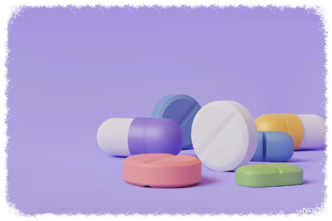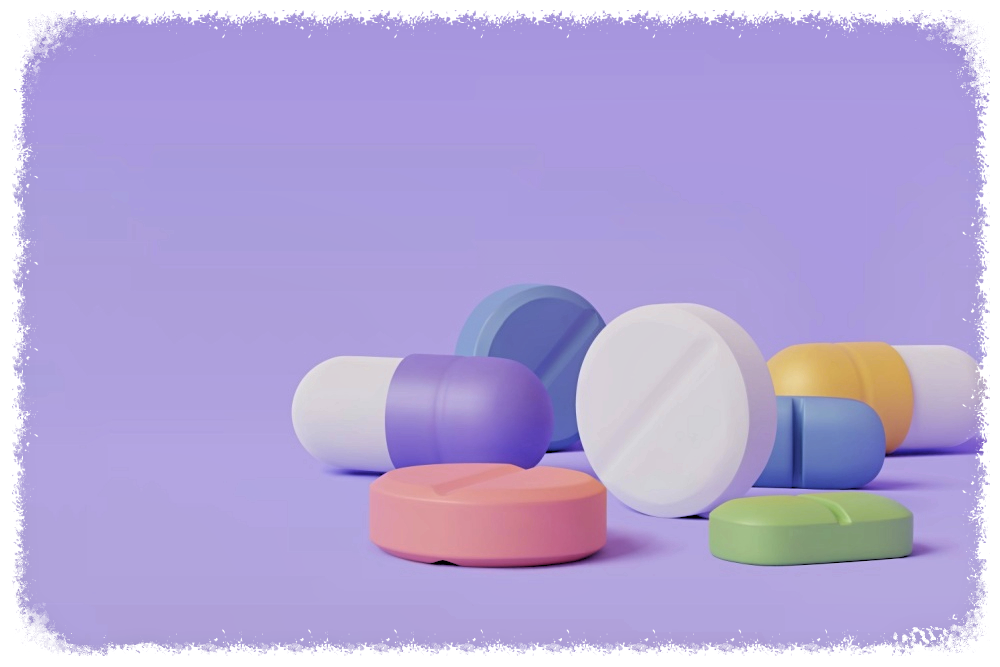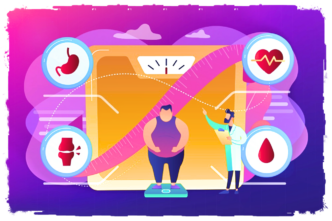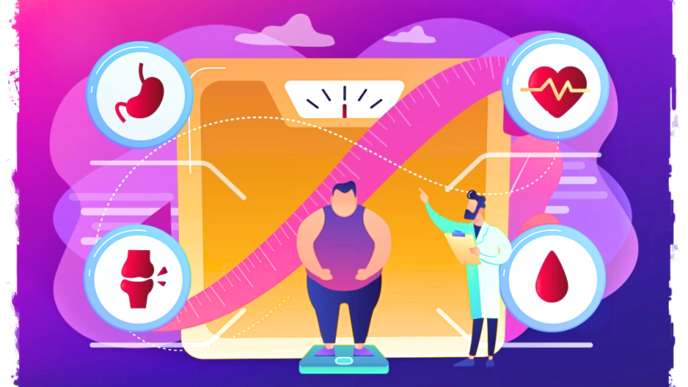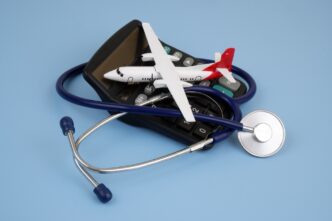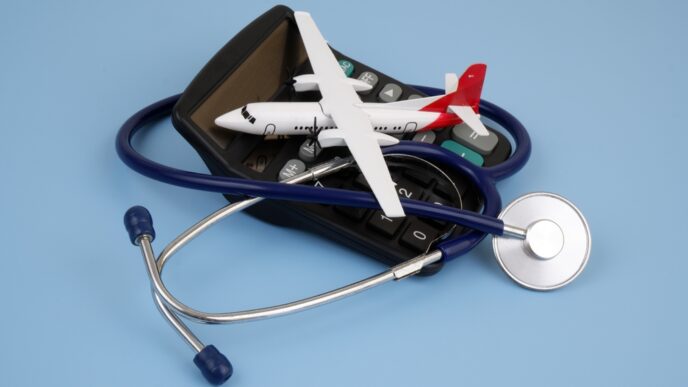A pharmacist warns to get weight-loss meds only from legit sources and use them under medical supervision. They’re not for everyone and come with risks, so know the side effects before you start.
WORDS LIM TECK CHOON
 FEATURED EXPERT FEATURED EXPERTLIM KELVIN Pharmacist (Masters in Diabetes Care) and Principal Trainer CARiNG Pharmacy |
Ever since the weight-loss ‘magic pen’ beloved by social influencers and celebrities became all the rage, many people have approached their neighbourhood pharmacists to get their own supply of anti-obesity medications.
Pharmacist Lim Kelvin shares with us his thoughts on why it’s not a good idea to self-medicate with anti-obesity medications.
THE MEDICATIONS MAY NOT BE GENUINE
Lim Kelvin shares that in Malaysia, anti-obesity medications are controlled medications—we’ll need a valid doctor’s prescription to purchase them.
Only licensed pharmacies are authorized to sell these medications, and they will need to see the prescription before selling the medications to us.
Purchasing outside of these legitimate channels makes us fair game to unscrupulous people that may sell us counterfeit or damaged products.
“These medications may also be stolen goods or kept under suboptimal conditions that can affect their effectiveness,” he adds, emphasizing that very little good could come from consuming such medications.
THESE MEDICATIONS HAVE SIDE EFFECTS
“Like all medications, anti-obesity medications have their side effects, precautions, and contraindications,” Lim Kelvin points out.
As an example, he shares that a possible complication of GLP-1 analogues—the ‘magic pen’ is a type of GLP-1 analogue—is pancreatitis or the inflammation of the pancreas.
“There are enough cases of reported pancreatitis to warrant a warning included in the medication leaflets, and those who are prone to pancreatitis would not be prescribed this drug by a medical practitioner,” he elaborates.
People that take these medications are also more at risk of bezoars—tightly packed masses of undigested or partially digested material that build up in and possibly block the digestive tract.
“The increased rate of bezoars in patients who are on GLP-1 analogues is presumably due to the gastric-slowing effect of these drugs. However, more research needs to be done to have a better understanding of this,” says Lim Kelvin.
Hence, he reiterates that we should always consult a doctor before starting ANY anti-obesity medication as well as other types of controlled medications.
| This article is part of our series on effective and research-based weight loss strategies. |

